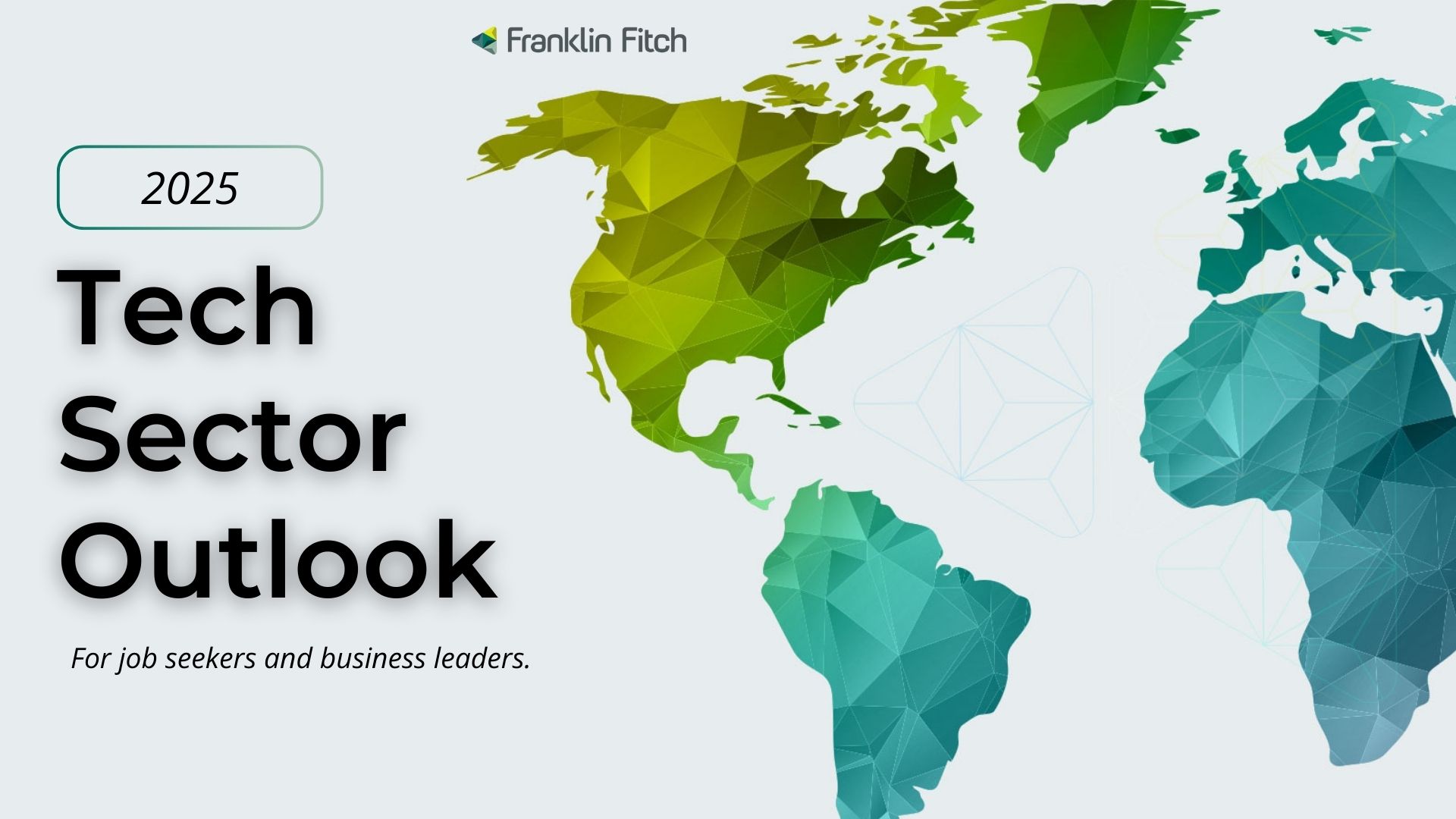
Aws Vs Azure Vs Google Vs Alibaba: An In-Depth Comparison Of Top Cloud Providers
20 Jul, 20234 minutesThe transformative power of cloud computing has revolutionized the way businesses operate, e...

The transformative power of cloud computing has revolutionized the way businesses operate, enabling them to leverage scalable and flexible infrastructure without hefty investments in physical hardware.
In today's fast-paced digital landscape, several cloud service providers compete to meet the diverse needs of organizations worldwide.
Among them, Amazon Web Services (AWS), Microsoft Azure, Google Cloud Platform (GCP), and Alibaba Cloud have emerged as dominant players, offering comprehensive solutions and driving innovation in the cloud industry. This extensive and detailed comparison will explore the strengths and weaknesses of these top cloud providers, empowering you to make an informed decision based on your unique business requirements.
Amazon Web Services (AWS)
As the trailblazer in cloud computing, Amazon Web Services has been a driving force since its inception in 2006. Boasting an extensive suite of over 200 services, AWS caters to diverse business needs, covering computing, storage, databases, networking, analytics, and machine learning.
AWS has led the cloud IaaS market for many years, and it’s easy to understand why. AWS offers more services and features than any other cloud service provider, and it offers higher availability than most of its competitors. In fact, the AWS infrastructure has 81 Availability Zones in 25 regions around the world and guarantees a 99.99% uptime.
AWS also offers a lot in the way of cybersecurity. It supports 90 security standards and compliance certifications and offers encryption for any service that interacts with customer data. AWS is a one-stop shop for virtually any cloud service, so it’s a clear choice for organizations needing versatility and advanced solutions.
Advantages of AWS
Unparalleled Global Infrastructure:
AWS has an extensive global network of data centers spread across multiple regions and availability zones. This infrastructure ensures high availability, low latency, and fault tolerance for mission-critical applications.
Comprehensive Service Catalog:
With over 200 cloud services, AWS covers a wide spectrum of computing, storage, databases, machine learning, analytics, and IoT solutions. Its robust service offerings cater to the diverse needs of startups, SMEs, and large enterprises.
Robust Security and Compliance:
AWS prioritizes security, implementing numerous security features such as Identity and Access Management (IAM), encryption, and firewall protection. It also complies with various industry standards and regulations, making it suitable for highly regulated industries.
Scalability and Elasticity:
AWS provides auto-scaling capabilities, enabling businesses to automatically adjust resources based on demand. This ensures efficient resource utilization and cost optimization.
Rich Ecosystem and Marketplace:
AWS's vast ecosystem includes a thriving marketplace where customers can discover and purchase third-party applications and services, further extending the platform's capabilities.
Limitations of AWS
Pricing Complexity:
The multitude of pricing models and various billing components in AWS can be overwhelming, potentially leading to unexpected costs if not managed diligently.
Steeper Learning Curve:
Due to its extensive service catalog, AWS can be challenging for newcomers to navigate. Adequate training and expertise are necessary for optimal utilization of its features.
Microsoft Azure
Microsoft has long been a leader in the on-premises software market, so it makes sense that they were able to gain momentum quickly when it pivoted to cloud services with Azure. Since its introduction in 2010, Microsoft Azure has emerged as a formidable competitor, building on its seamless integration with Microsoft's ecosystem, including Office 365 and Windows Server. Azure offers a comprehensive range of services, covering computing, databases, artificial intelligence, and IoT. This is a huge benefit for enterprises that are already using Microsoft tools.
The breadth of solutions Azure offers isn’t as wide as AWS, and the products it does offer usually come with a bigger price tag than its competitors. However, Azure is one of the easiest cloud solutions to set up and manage. It supports Linux systems and container architectures, which is a unique value for open-source environments.
Advantages of Microsoft Azure
Seamless Integration with Microsoft Ecosystem:
Azure seamlessly integrates with Microsoft's suite of products, making it an attractive choice for businesses already using Microsoft solutions. This integration streamlines processes and facilitates hybrid cloud deployments.
Strong Hybrid Cloud Capabilities:
Azure offers robust hybrid cloud solutions, enabling seamless integration between on-premises data centers and the cloud. This flexibility is beneficial for businesses with existing infrastructure seeking a phased cloud migration approach.
Enterprise-Focused Services:
Azure provides an array of services tailored to the needs of enterprises, offering advanced features for security, governance, and compliance.
Azure Active Directory (AD):
Azure AD is a powerful identity and access management service that simplifies user authentication and enhances security.
Robust Developer Tools:
Azure's extensive set of developer tools, such as Visual Studio integration and support for multiple programming languages, makes it a favorite among developers.
Limitations of Microsoft Azure
Geographic Reach:
Although Azure is expanding its global presence, it may not have the same geographic coverage as AWS, potentially limiting its accessibility in some regions.
Pricing Complexity:
Similar to AWS, Azure's pricing structure can be intricate, requiring careful planning to avoid unexpected costs.
Google Cloud Platform (GCP)
Launched in 2011, Google Cloud Platform distinguishes itself with its prowess in data analytics and machine learning capabilities. GCP offers a diverse range of services, spanning computing, storage, networking, big data, artificial intelligence, and more.
Though its track record with enterprise customers is relatively short, it does have a unique advantage over its competitors when it comes to analytics, automation, and networking. GCP’s artificial intelligence and machine learning tools are some of the most advanced of any in the cloud computing space.
Many customers choose to use GCP as a supplementary cloud service in a multi-cloud environment. Its live migration feature is useful for these customers because it enables VM migration in real-time without any downtime. Additionally, Google’s Kubernetes framework is the foundation for most container environments, so GCP is an ideal solution for containerized app development. GCP might not be the biggest cloud provider on the market, but it’s growing rapidly and driving innovation on many fronts.
Advantages of Google Cloud Platform
Cutting-Edge Data Analytics and Machine Learning:
GCP's forte lies in its data analytics and machine learning capabilities. Google's expertise in handling massive datasets and AI algorithms enables businesses to gain valuable insights and develop advanced machine learning models.
High-Performance Network Backbone:
Google's global fiber network ensures fast and reliable connectivity across the world, resulting in lower latency and improved application performance.
Kubernetes and Container Support:
GCP provides excellent support for Kubernetes, allowing businesses to easily manage and scale containerized applications.
Emphasis on Innovation:
Google's commitment to innovation is evident in the regular release of new services and features, keeping GCP at the forefront of cloud technology.
Predictable Cost Model:
GCP's billing model provides cost predictability, enabling businesses to manage and optimize their expenses effectively.
Limitations of Google Cloud Platform
Smaller Market Share:
While GCP is growing rapidly, it still holds a smaller market share compared to AWS and Azure, potentially affecting the availability of certain specialized services.
Less Mature Ecosystem:
GCP's ecosystem may not be as extensive as its competitors, resulting in fewer third-party integrations and available solutions.
Alibaba Cloud
As Alibaba Group's cloud computing arm, Alibaba Cloud has been a dominant player in the Chinese cloud market since 2009 so it’s a likely choice for enterprises with a large presence in the APAC region. Expanding its global presence, Alibaba Cloud provides a wide array of services, catering to computing, storage, networking, security, and more.
It has a more flexible pricing structure than most providers, plus new customers can take advantage of Alibaba’s free trial to test drive the most expensive products before committing.
The interface is not very intuitive for users who don’t have strong technical expertise, but there is decent multilingual support and an energetic community of users who are willing to collaborate to solve a problem. Though their presence in Western markets is relatively small, Alibaba Cloud is perhaps one of the most affordable, fastest growing, and most internationally-friendly cloud providers on the market.
Advantages of Alibaba Cloud
Strong Presence in Asia:
Alibaba Cloud boasts a significant presence in the Asia Pacific region, making it an attractive option for businesses operating in that area.
Competitive Pricing:
Alibaba Cloud often offers competitive pricing, particularly for customers in the Asian market, making it an attractive option for cost-conscious businesses.
Expertise in the Chinese Market:
For companies seeking to enter the Chinese market, Alibaba Cloud's understanding of China's unique regulatory landscape is invaluable.
Diverse Solutions for Different Industries:
Alibaba Cloud provides a broad range of products and solutions catering to various industries and sectors.
Limitations of Alibaba Cloud
Limited Global Presence:
Despite its expansion, Alibaba Cloud's global presence may not be as extensive as AWS or Azure, potentially limiting its usability for businesses with a global footprint.
Language and Documentation:
Alibaba Cloud's documentation and support may not be as comprehensive for non-Chinese-speaking customers, affecting ease of use.
To Conclude
Selecting the right cloud service provider is a critical decision that can significantly impact an organization's success in the digital era. Amazon Web Services, Microsoft Azure, Google Cloud Platform, and Alibaba Cloud are all prominent players in the cloud computing landscape, each offering unique advantages and tailored solutions for various business needs. AWS remains the mature and comprehensive leader, Azure excels in seamless integration with Microsoft products, GCP boasts advanced data analytics and machine learning capabilities, while Alibaba Cloud dominates the Asian market.
To make an informed choice, thoroughly evaluate your specific requirements, budget constraints, geographic location, and existing infrastructure. Additionally, consider factors such as pricing models, security measures, support options, and available ecosystems for third-party integrations. By conducting a comprehensive analysis, your organization can embark on a successful cloud migration journey, leveraging the power of the cloud to drive innovation and growth. Remember, the best cloud provider for your business is the one that aligns with your long-term goals and empowers your teams to thrive in the digital era.
We offer a dedicated, specialized staff who can discuss your hiring needs if you are looking to hire for cloud positions or alternatively help you find the ideal role if you are searching for a cloud-based role. Click here to reach out to us right away.






